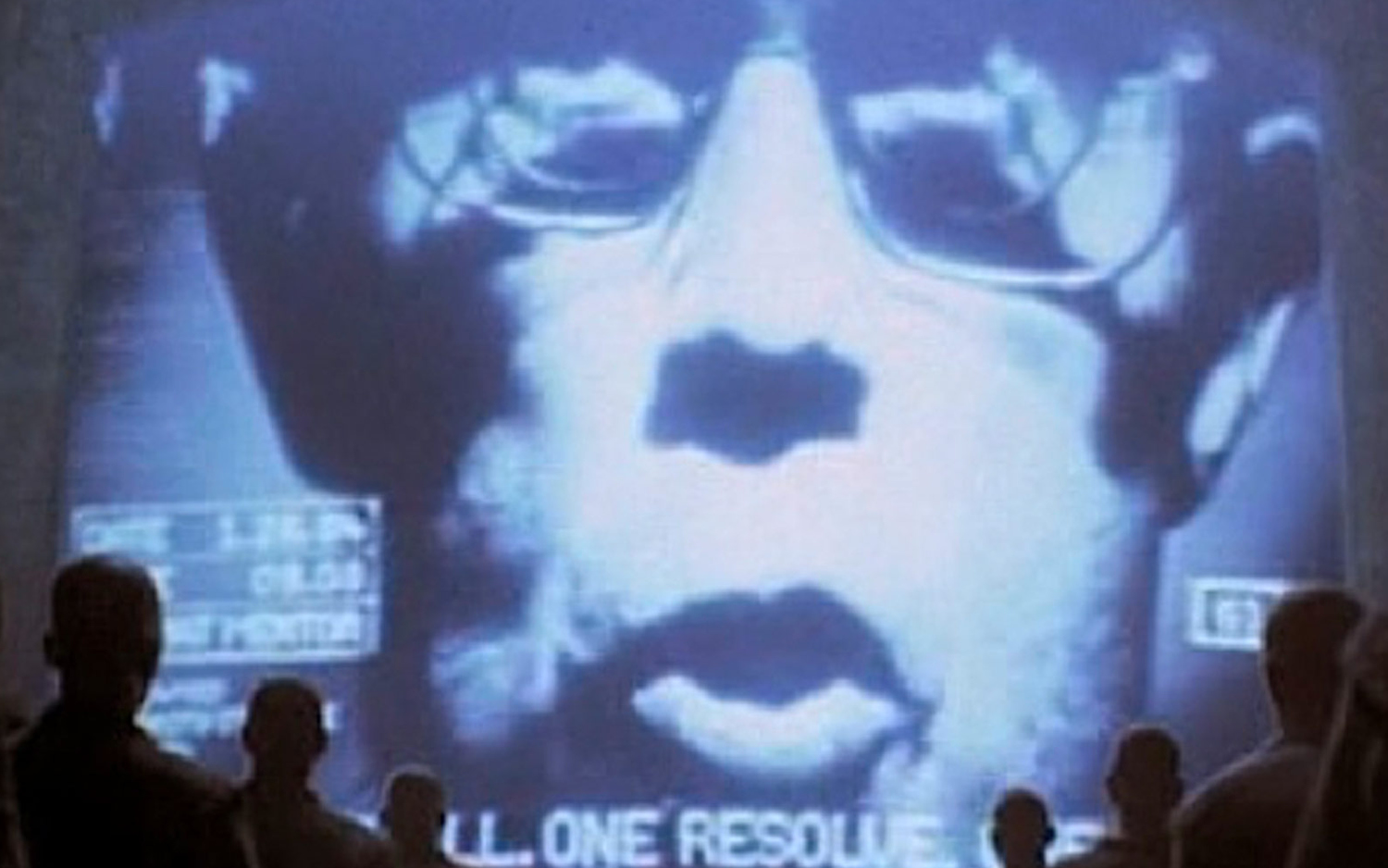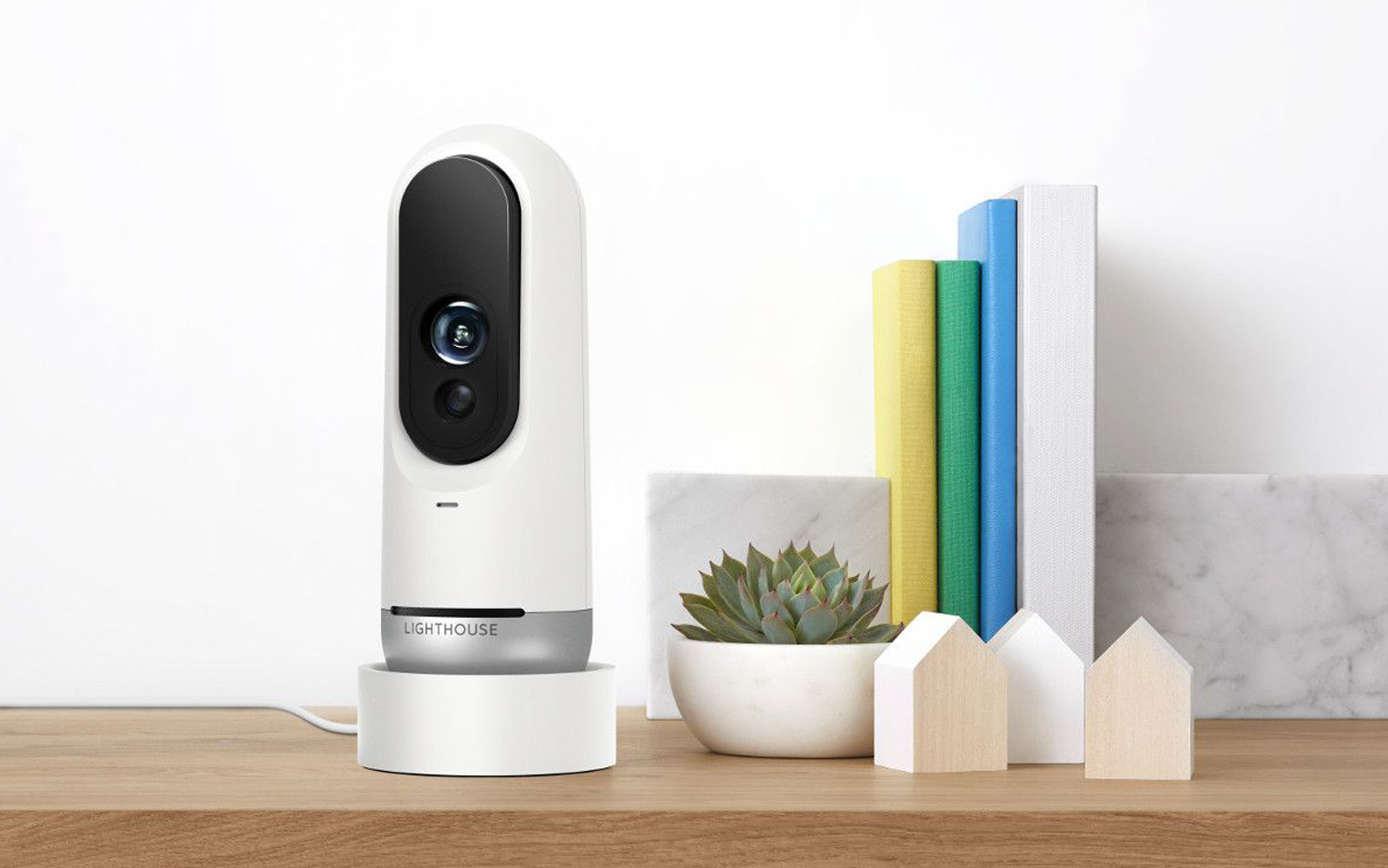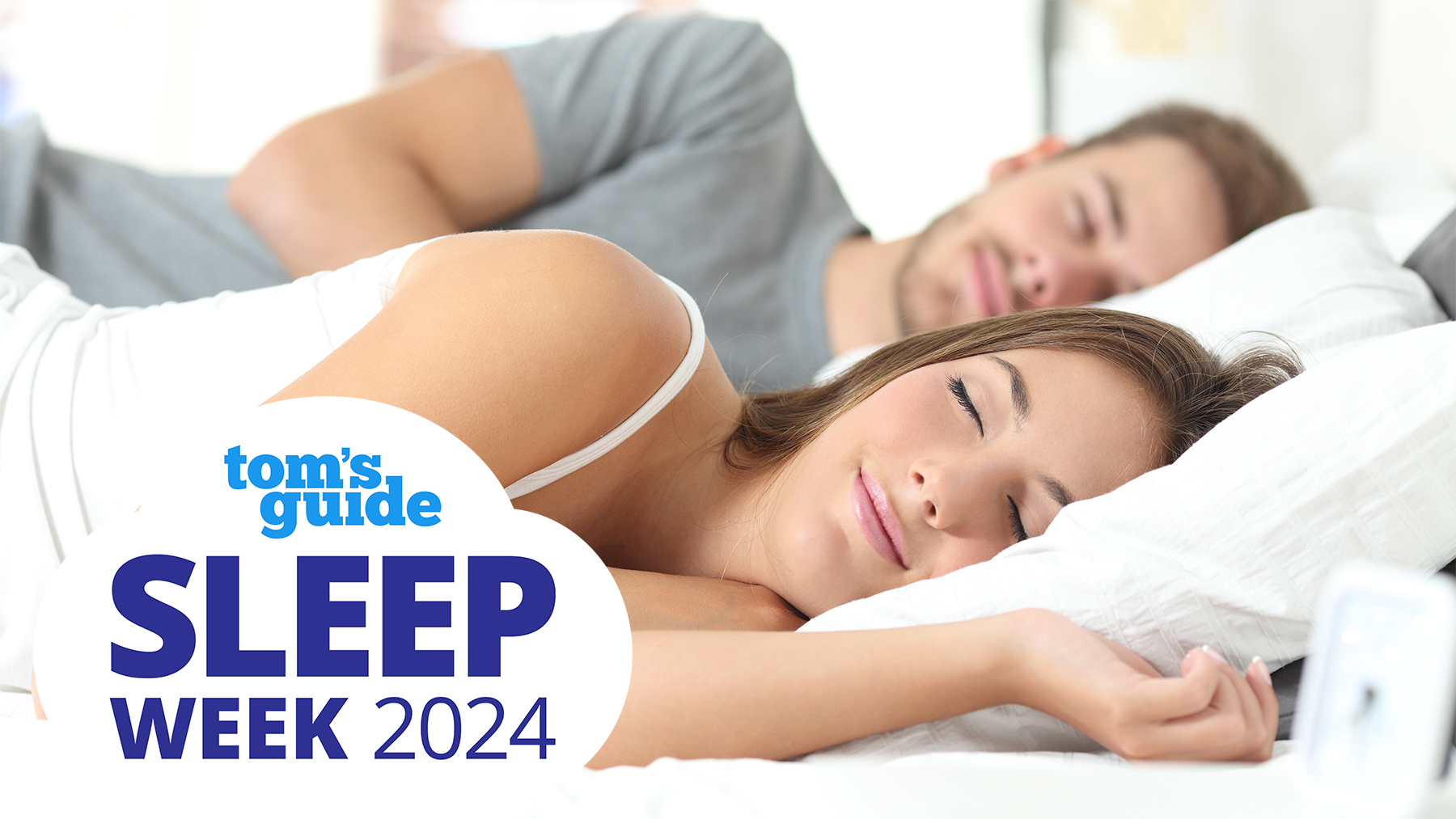Apple May Be Turning Your iPhone Into an Always-On, AI-Powered Monitoring System
The Cupertino company has bought all the patents from a defunct AI-based security camera company called Lighthouse.
Why would Apple want to buy a truckload of 3D camera and cloud-based artificial intelligence technologies that continuously monitor the faces of people when the company has no intention of entering the security camera business?
The answer may be really simple: to monitor you and yours from your iPhone, iPad, or Mac.

According to intellectual property magazine IAM, Apple has bought the patent portfolio from security camera maker Lighthouse AI, a now-defunct firm that made 3D sensing depth security cameras powered by artificial intelligence software that worked in cloud servers.
MORE: Apple's 2019 Product Roadmap Revealed: iPhone 11, 16-inch MacBook Pro and more
With a Lighthouse system in the house, you could use its built-in speech recognition to ask things like “what has the dog been doing today?” or “how much time did Timmy spend studying today?” The firm closed after it failed to get any market traction.
The patent list includes a computer-vision based security system using a depth (3D) camera, a system for visual authentication, a system for using light emission by a depth-sensing camera to capture video images under low-light conditions, a computer-vision security system for depth-sensing cameras, a speech-controlled vision-based monitoring system and a way to share “incidents” captured by the monitoring system.

The list is pretty telling. And since Apple has zero interest in making and marketing security cameras, the obvious answer to why would Apple want these patents is right in front of you if you are an iOS or macOS user.
Sign up to get the BEST of Tom's Guide direct to your inbox.
Get instant access to breaking news, the hottest reviews, great deals and helpful tips.
Right now, the latest iPhones and iPads are already using depth-sensing cameras and can identify your face. But what if Apple wanted to use these patents to constantly monitor what’s happening around your devices?
The idea of carrying your own AI-enabled, see-in-the-dark, 3D-sensing security, always-on monitoring system at all times may sound like the worst version imaginable of an Orwellian society, but Apple may have a good reason for this: your own security, of course.
If such a system was enabled in your iOS or macOS device, you would in theory be free from entering your password ever again for anything. Using AI, the machine would always know what the circumstances are of your device’s usage.
More interestingly, if you ever leave your iPhone or iPad unattended on your desk or your bedside table while sleeping (remember these things can see in the dark), the system would keep monitoring its surroundings. At your return, the device will be able to inform you if anyone came close or got too curious.
It actually makes sense. Of course, there will be technical issues with battery life, but that’s nothing unsurmountable. The biggest problem will be the question of privacy: with a system like this in place, wouldn’t your right for the privacy of your devices and your online security conflict with other people’s privacy?
Seems like a thorny issue that Apple is probably contemplating right now. Otherwise, buying all these patents wouldn’t make any sense — unless they start including cameras in future Homepods so they can double as security points.
But even if that’s the case, it makes more sense for Apple to add this feature to its personal devices. And most probably people will like to have it — it wouldn’t be the first time that people have sacrificed their rights for an illusory sense of safety. Perhaps 2020 will be the new “1984”.
Jesus Diaz founded the new Sploid for Gawker Media after seven years working at Gizmodo, where he helmed the lost-in-a-bar iPhone 4 story and wrote old angry man rants, among other things. He's a creative director, screenwriter, and producer at The Magic Sauce, and currently writes for Fast Company and Tom's Guide.

